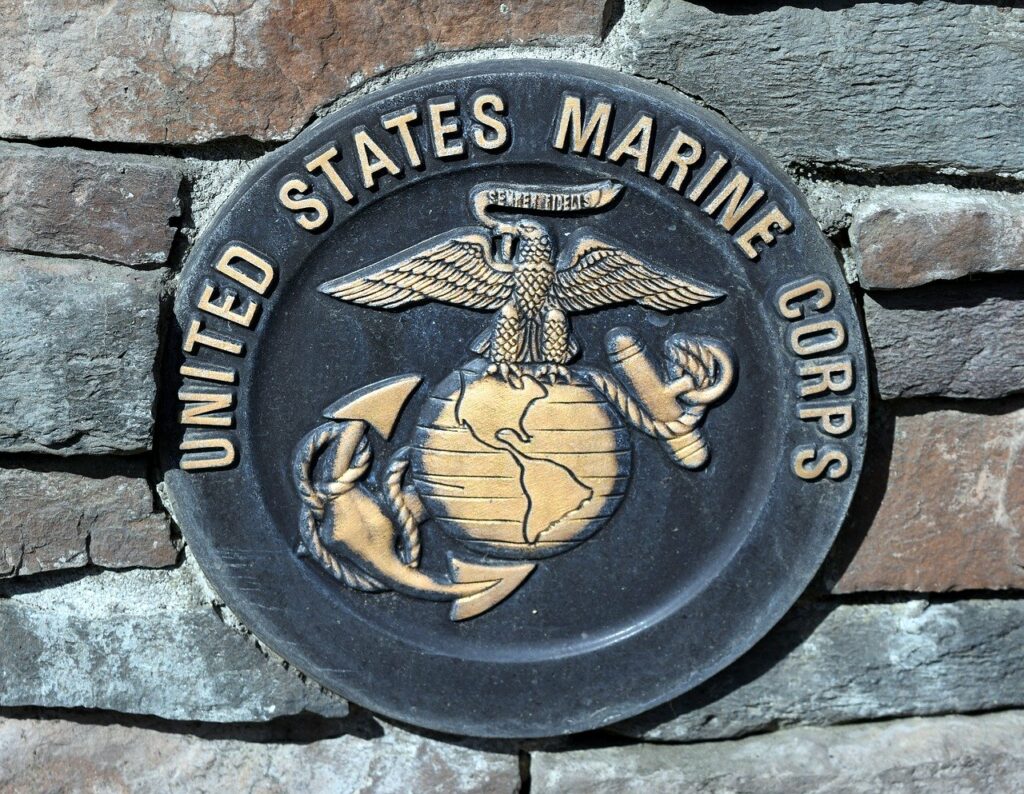In 2018, the Marine Corps tried Cpl Lewis on several sexual assault charges. The panel convicted him of attempted sexual assault, abusive sexual contact, and sexual assault. The Government charged that these offenses occurred when the alleged victim, Cpl Alpha, was incapable of consenting due to impairment by alcohol. The panel found Cpl Lewis not guilty of sexual assault offenses charged under other theories.
On appeal, the Navy-Marine Corps Court of Criminal Appeals (NMCCA) found these convictions factually insufficient and overturned them. The UCMJ mandates that service appellate courts must find a conviction both legally and factually correct to uphold it. Just as the military judge or panel members must be convinced of an accused’s guilt beyond a reasonable doubt at trial, a military court of criminal appeals must also be convinced beyond a reasonable doubt that the offenses occurred.
The NMCCA was not convinced of Cpl Lewis’ guilt beyond a reasonable doubt. The legal standard for a person “incapable of consenting” is someone who lacks the mental ability to appreciate the sexual conduct or the physical or mental ability to make or to communicate a decision about whether he or she agrees to the conduct. For Cpl Lewis to be guilty of these offenses, Cpl Alpha had to have been: 1) too drunk to understand what was happening; 2) too drunk to decide whether she consented or not; or 3) too drunk to communicate to Cpl Lewis whether she consented or not. Based upon Cpl Alpha’s testimony about the allegations and her reaction to Cpl Lewis’ actions, the NMCCA found that the Government had not proven any of these circumstances beyond a reasonable doubt. The NMCCA set aside the convictions and sentence and dismissed the charges.
One of the appellate judges wrote a concurring opinion, pointing out that when the offenses were investigated at an Article 32 preliminary hearing, the hearing officer found that the offenses related to Cpl Alpha’s impairment by alcohol lacked probable cause. This officer recommended dismissing these charges, but the Convening Authority referred them to trial with the other offenses anyway. The concurring judge opined that the presence of these alcohol-related charges might have overshadowed charges better supported by the evidence. The concurrence concludes with a reminder that the preliminary hearing exists in order to put information and recommendations concerning the charges before the commander. It warns that the commander ignores those recommendations at his or her peril.
If you or your loved one is facing a court-martial or wants to appeal a court-martial conviction, you need someone with experience who knows the law. I have the experience you need. Please call Bill Cassara at (706) 860-5769 for a free consultation.

